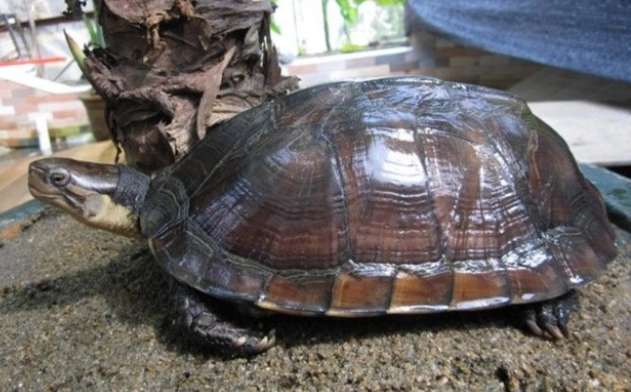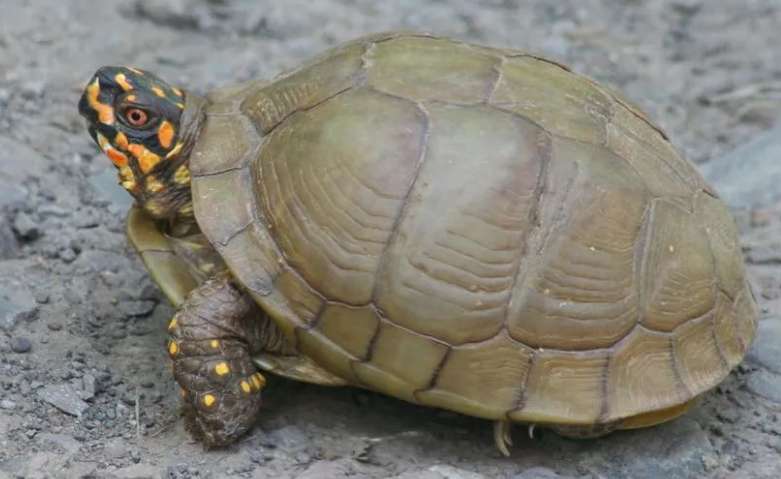Sulcata turtle stones are a common disease. It is mainly caused by excessive mineral deposition in the turtle's body, forming stones, which will affect the turtle's normal physiological and metabolic functions, and in severe cases can lead to death. The following are common symptoms of stones in Sulcata turtles:
Inconvenience in movement: When Sulcata turtles suffer from stones, their intestines will be blocked, causing their abdomen to bulge and make it difficult to move.
Abnormal feces: After a sulcata turtle suffers from stones, due to long-term obstruction of the intestines, fecal excretion is not smooth, and symptoms such as constipation, reduced defecation frequency, and abnormal fecal shape may occur.

Loss of appetite: After a Sulcata turtle suffers from stones, due to the suppression of its digestive system function, it may suffer from a loss of appetite or completely stop eating.
Shortness of breath: After a sulcata turtle suffers from stones, the increased pressure in the intestine may cause respiratory-related problems such as shortness of breath and increased heart rate.
If your sulcata turtle exhibits the above symptoms, you should seek medical attention promptly and ask a professional veterinarian for diagnosis and treatment. At the same time, attention should be paid to providing the turtle with enough water and plant cellulose to prevent the occurrence of stones.





